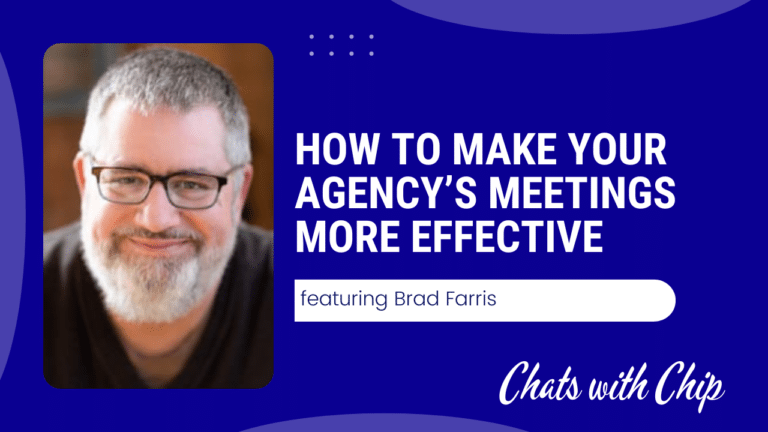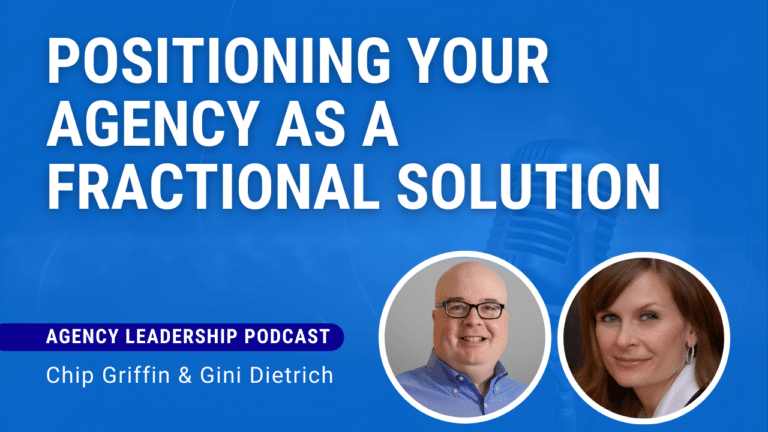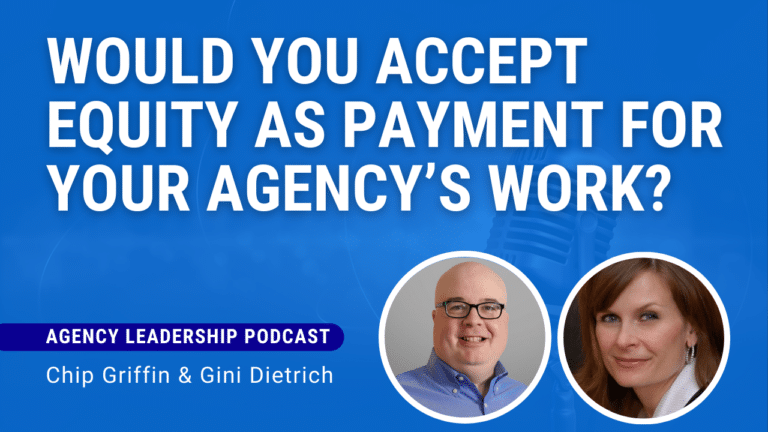It seems to be common for agency employees to ask for raises and promotions much more frequently these days.
Many have heard the advice that it is important to know your value and stand up for your own interests. They know that they are much more likely to get ahead if they ask than if they remain silent.
There’s nothing wrong with this approach, but it doesn’t mean that your agency needs to acquiesce to every request.
The challenge that I see many agency owners face is that they handle all of these conversations on an ad hoc basis and don’t really have a strategic approach to compensation and career progression.
That’s a mistake because it can not only lead to dissatisfied employees, but it can also contribute to inadvertent pay discrepancies that can come back to haunt you on many levels down the road.
Have a plan – and communicate it
To avoid these issues, it is important to have a clear plan and to set expectations for your team.
First, your team needs to know what your approach to compensation is. That starts from the initial interview even before they are hired. As I have mentioned many times, onboarding starts during the interview process and how you think about employee compensation should be discussed – and not just the salary range for their current role.
As part of setting expectations, you need to explain how you see base pay versus bonuses. If you offer bonuses, explain the structure. Discuss how you handle performance reviews and whether salary reviews happen at the same time or separately.
For new hires, they need to know if there will be a compensation review before their 1-year anniversary. For existing employees, any time they get a pay raise you should be clear about the next time you expect to review that number.
However, it’s not just the timing of salary reviews that matters.
Your team should be educated about the fact that you only give significant salary increases along with a change of role and responsibilities. (Because that’s what you are doing, right?)
A big pay raise without any change in the expectations you have from an employee is a recipe for disaster. It simply opens the door to more frequent and more substantial pay requests.
While you want to reward good performance and have a competitive pay package that attracts and retains the best talent you can afford, you also need to establish the understanding that there is no such thing as a free lunch and more pay comes with more responsibility.
Establish clear salary bands
To ensure equitable compensation and better manage inquiries about raises, you should have well-defined salary bands in your agency.
That means that you should have a fairly tight compensation range based on the titles that you have established.
Consistency in pay by title helps to make it less likely that you will end up paying people based on unconscious bias or simply playing favorites.
As important, it makes it easier to handle the inevitable conversations that occur when Sally and Jane find out that they don’t make the same amount.
Explain the new expectations with each raise
When you provide an employee with a pay increase, you should explain what your new expectations are. If it is a modest annual adjustment to keep up with the economy and keep your pay competitive, it doesn’t need to be a long conversation.
But if you are providing a larger salary bump, then it should come with a title change and well-defined expectations for higher performance and greater responsibility.
That also means updating the employee’s job description to memorialize the new role and expectations.
Help employees understand how to get to the next level
One of the things I hear many small agency owners lament is that they are not large enough to offer the same kind of career progression that larger agencies can. They see it as an obstacle to retention and a key reason that they lose good talent.
The truth is that small agencies may not have the same opportunities to provide in terms of letting employees manage increasingly large teams of people, but that’s not necessarily something that most of them are looking to do anyway.
If you can provide a roadmap that shows employees how they can continue to advance their knowledge, improve their titles, and increase their compensation, that can offset a lot of the opportunities that a larger organization might provide to them.
The key is that whenever you offer someone a job or promotion you should also communicate what it will take to get to the next step and how long you think that will take.
It’s also a good idea to think about intermediate title adjustments that you can use to continue to show progression to good employees without having to offer them more substantial titles (and compensation) than would be appropriate for where your agency is at the time.
For example, you could progress someone from Junior Account Executive to Account Executive to Senior Account Executive over the course of several years. That’s better than being stuck as simply an Account Executive for three years before being promoted to Director or whatever the next rung on your career ladder might be.
Stick to your plan
As important as having a plan and communicating it to your team is to actually follow it yourself.
This is probably the hardest part for most agency owners who tend to get wrapped up in the moment when an employee comes to them and asks for a salary increase.
If you frequently deviate from the expectations that you have set for your employees, it returns to being an ad hoc decision making process that inevitably leads to more problems down the road.
So take the time to work out your salary bands, set the expectations generally with your team, accompany substantial salary increases with title changes (and more responsibilities), and then explain what the next step looks like for them.
While this approach won’t solve all of your salary challenges, it will certainly provide a framework that increases your odds for success.











